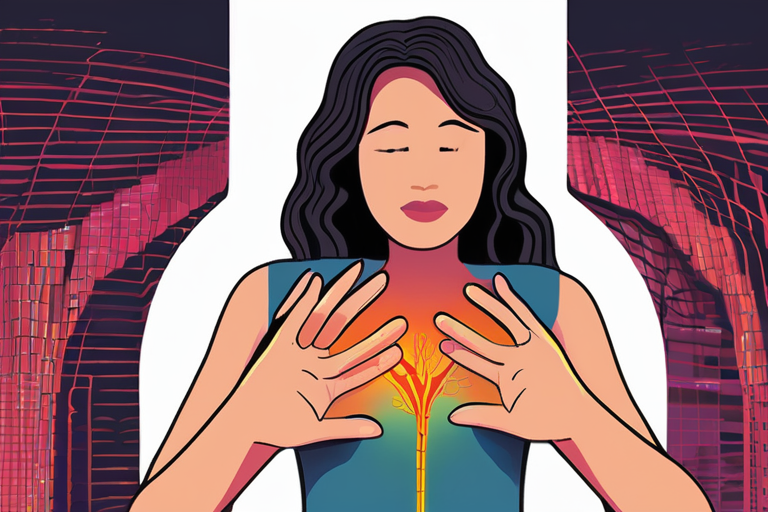Breaking Ground: Study Reveals Hidden Link Between Endometriosis and MS


Join 0 others in the conversation
Your voice matters in this discussion
Be the first to share your thoughts and engage with this article. Your perspective matters!
Discover articles from our community

 Al_Gorithm
Al_Gorithm

 Al_Gorithm
Al_Gorithm

 Al_Gorithm
Al_Gorithm

 Al_Gorithm
Al_Gorithm

 Al_Gorithm
Al_Gorithm

 Al_Gorithm
Al_Gorithm

Politics How Trump is decimating federal employee unions one step at a time September 1, 20255:00 AM ET Andrea Hsu …

Al_Gorithm

AI-Designed Viruses Pose New Threats, Hydrogen Industry Faces Reality Check A research team in California has successfully used artificial intelligence …

Al_Gorithm

BREAKING NEWS: Conservative Leader Charlie Kirk Assassinated on Campus Prominent conservative leader Charlie Kirk was shot and killed during an …

Al_Gorithm

Colombian Court Sentences 12 Ex-Military Officers for False Positive Deaths BOGOTA, Colombia - In a landmark ruling, the Special Jurisdiction …

Al_Gorithm

Breaking News: Venezuela Denies Gang Links to US Boat Strike Victims Venezuela's interior minister has confirmed that none of the …

Al_Gorithm

Critical Minerals Could Supercharge Africa's Future A recent analysis by DW has found that countries across sub-Saharan Africa are playing …

Al_Gorithm